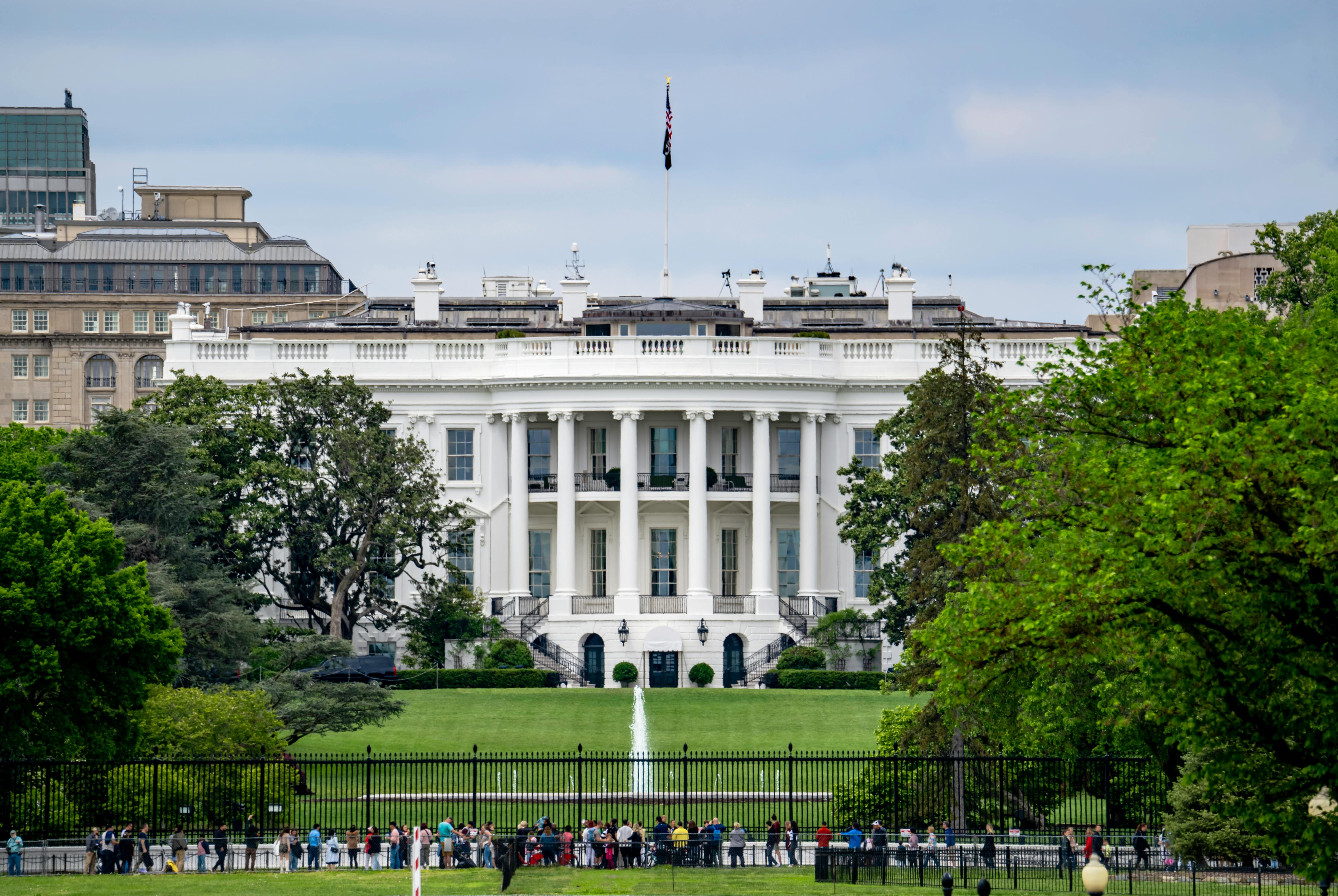The United States has witnessed significant policy changes under the Trump administration that weakened ESG practices. These changes include withdrawing from international environmental agreements and cutting funding for global organizations. However, many fiduciaries—investors legally obligated to act in their beneficiaries' best interests—have rallied against these measures. They argue that such policies not only undermine ethical standards but also expose long-term investments to unnecessary risk. This article explores the conflict between short-term political decisions and the long-term goals of responsible investing. (Investment Magazine)
Background: The Rollback of ESG Policies
Trump’s return to office has been characterized by a series of controversial policy shifts, signaling a marked departure from previously established sustainability initiatives:
- Withdrawal from International Agreements: One of the most notable actions was the exit from key international accords such as the Paris Agreement. This move was presented as a way to prioritize national interests under an "America First" agenda. (White House)
- Funding Cuts and Symbolic Policy Changes: The administration also cut funding for United Nations organizations and ended mandates such as the forced use of paper straws. Although these actions might seem minor in isolation, they collectively signaled a systematic rollback of environmental commitments. (White House)
-
Withdrawal from the UN Human Rights Council: The Trump administration formally ended U.S. participation in the United Nations Human Rights Council (UNHRC), halting future election bids and terminating related diplomatic positions. This move was framed as part of a broader reassessment of U.S. involvement in multilateral institutions.
-
Exit from the World Health Organization (WHO): The United States also withdrew from the World Health Organization, a decision with wide-reaching global health implications. As a major donor contributing approximately 15–20% of the organization’s total funding, the U.S. exit placed significant financial strain on programs targeting HIV/AIDS, tuberculosis, and malaria. The move also triggered operational disruptions where over 200 WHO-supported health facilities in Afghanistan were forced to shut down, cutting off access to healthcare services for an estimated 1.84 million people. These closures affected critical interventions addressing diseases such as measles, malaria, and polio.
-
SEC Abandons Climate Disclosure Rule: The Securities and Exchange Commission (SEC) ceased defending its climate disclosure rule as of 27 March 2025, effectively suspending its implementation. The move weakens federal oversight of corporate environmental impact reporting, signaling a broader retreat from climate accountability in U.S. financial regulation (ESG News, 2025). These decisions have triggered a strong response from the investment community, particularly from those who believe that ignoring ESG factors can compromise long-term financial stability.
Fiduciary Resistance and Market Impact
The backlash from fiduciaries has manifested in several key areas arising from the recent executive orders and policy shifts under President Trump’s administration and prompting a complex and multifaceted response from U.S. investors regarding ESG practices.
-
Decline in ESG Proposal Support: Support for ESG-related shareholder proposals dropped significantly in 2024, with only 1.4% achieving majority support, largely due to political pressures and regulatory changes.
-
Withdrawal from Climate Alliances: Major financial institutions like BlackRock and Vanguard have paused or exited climate-focused alliances, influenced by new SEC guidelines on investor activism regarding ESG factors.
-
Corporate Strategy Adjustments: Some companies are removing references to Diversity, Equity, and Inclusion (DEI) in reports to avoid political backlash, adjusting sustainability commitments amid regulatory shifts.
Ongoing Commitment to ESG
Despite the challenges posed by recent political and regulatory shifts, a segment of U.S. investors continues to prioritize ESG considerations:
-
Sustained Interest in Sustainable Investments: Analysts indicate that ESG investments are expected to persist and even expand. The U.S. market for ESG-labeled investments stood at $6.5 trillion by the end of 2024, reflecting continued investor interest.
-
Recognition of Climate-Related Opportunities: A significant portion of U.S. investors recognizes the importance of addressing climate change and are increasing investments in companies that manage climate risks and develop sustainable value chains, enhancing resilience against physical climate risks (Harvard Law School Forum on Corporate Governance). Amid these divergent investor responses, the regulatory environment remains in flux. With inconsistent federal policies, certain states are imposing their own ESG reporting requirements, creating a fragmented landscape that raises compliance costs for firms operating across multiple jurisdictions.
The Path Forward: Building a Sustainable Investment Future
Fiduciary resistance to anti-ESG policies offers a hopeful glimpse into the future of responsible investing. Key strategies for moving forward include:
-
Standardizing ESG Metrics: Creating uniform ESG reporting standards is crucial. Clear metrics will help investors assess risk accurately and ensure that sustainability remains a priority in corporate strategy.
-
Encouraging Policy Dialogue: Continuous engagement between investors, corporate leaders, and policymakers is essential. Constructive dialogue can lead to regulatory reforms that support sustainable practices while protecting investor interests.
-
Leveraging Legal Frameworks: With increased regulatory scrutiny and evolving litigation trends, fiduciaries are well-positioned to influence policy changes. Legal mechanisms can help ensure that short-term political decisions do not undermine long-term sustainable practices. (ScienceDirect)
-
Fostering a Culture of Responsibility: Ultimately, the shift toward ESG is not just about policy—it’s about fostering a culture that values long-term societal and environmental well-being over short-term political gains. This cultural change is already reshaping how companies and investors approach business. (CNBC)
Conclusion
The confrontation between politically motivated ESG rollbacks and the fiduciary duty to protect long-term investments is reshaping the landscape of sustainable finance. As fiduciaries increasingly demand transparency, accountability, and ethical governance, the investment community is poised to drive meaningful change. The evolving conflict demonstrates that responsible investing is not only a moral imperative but also a practical strategy for risk management and long-term growth. By advocating for standardized metrics, encouraging policy reforms, and fostering a culture of responsibility, fiduciaries are charting a path toward a resilient and sustainable economic future. (Investment Magazine)
This proactive approach signals hope for those who envision a world where financial success is aligned with environmental stewardship and social responsibility—a world where sustainable practices drive progress for both investors and society as a whole. (Scholastic)

